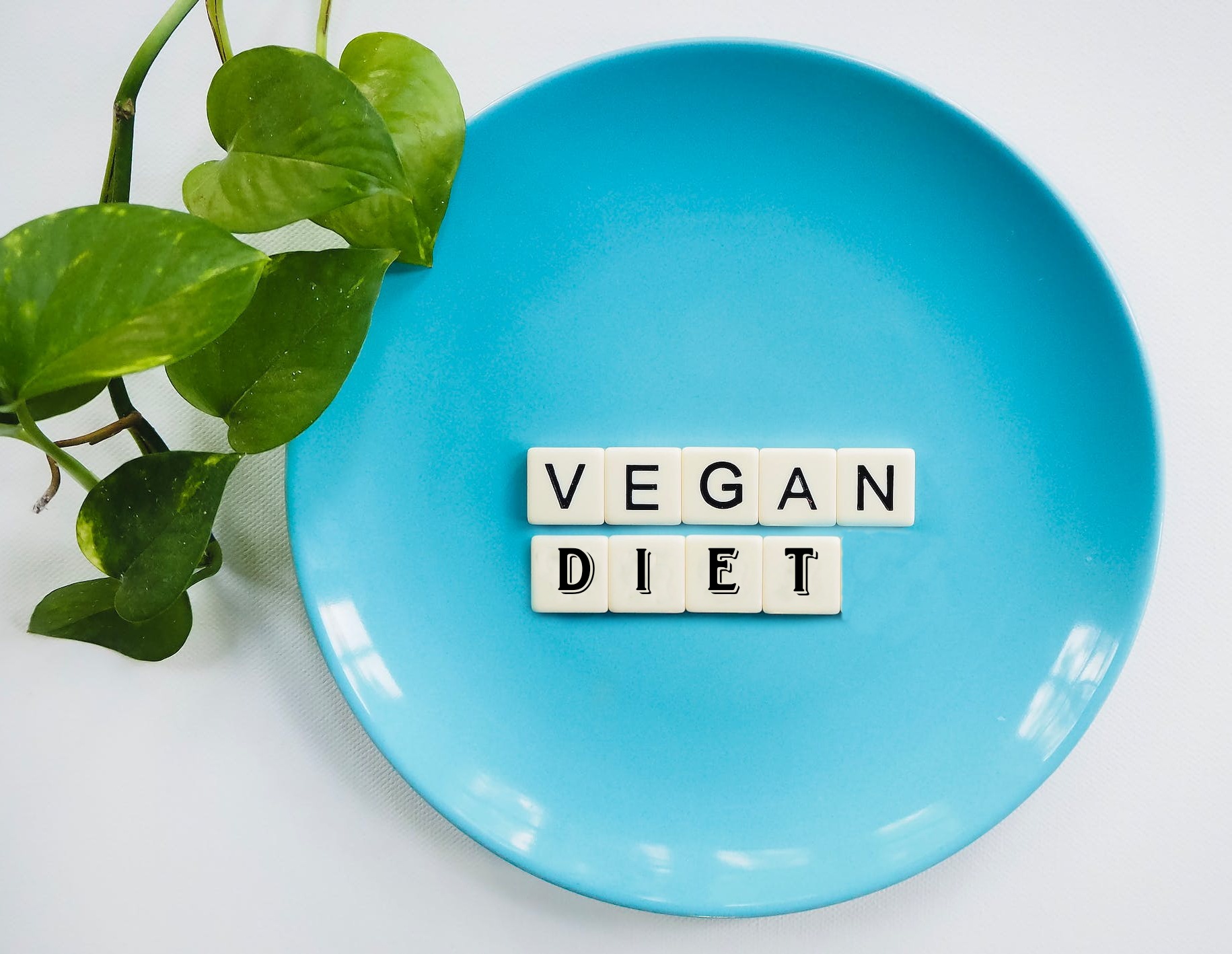Veganism is a lifestyle choice that involves abstaining(escape) from the use of animal products, including meat, dairy products, eggs, and honey. It has gained immense popularity in recent years due to a growing awareness of animal welfare and the negative impact of animal agriculture on the environment. However, while there are several benefits to a vegan lifestyle. There are also several drawbacks that must be considered before making the switch. While there are a variety of reasons why people adopt a vegan diet. One of the most common is the desire to reduce animal suffering, limit environmental degradation, and promote health.
Some Common Concerns About the Vegan Diet:-
- The first step in following a vegan diet is to become educated about the many plant-based foods that are available. Many people assume that a vegan diet is limited to lettuce, carrots, and other raw vegetables, but this is far from the truth. In fact, there is a wealth of vegan-friendly ingredients that can be used to create delicious, nutritious, and satisfying meals. Some common vegan foods include whole grains, legumes, nuts, seeds, fruits, and vegetables. It is also possible to purchase vegan meat substitutes made from soy, wheat, or pea protein, as well as dairy alternatives like almond milk and soy cheese.
- One of the biggest concerns about following a vegan diet is getting enough protein. However, this is a common misconception. There are many plant-based sources of protein, including beans, lentils, tofu, tempeh, and seitan. As long as a vegan diet is well-planned and includes a variety of protein sources, it is possible to get all of the essential amino acids that the body needs to function properly.
- Another common concern about a vegan diet is the risk of nutrient deficiencies, such as low levels of calcium, iron, and vitamin B12. However, with careful planning, these deficiencies can be avoided. For example, calcium can be found in leafy greens like spinach and kale, while iron is found in foods like nuts, beans, and fortified cereals. Vitamin B12 can be obtained through fortified foods or supplements, as this nutrient is not naturally occurring in plant-based foods.
Conclusion
In conclusion, following a vegan diet can have many benefits, both for the individual and for the planet. By reducing the demand for animal products, vegans can help to reduce the suffering of animals and limit environmental degradation. Furthermore, a well-planned vegan diet can provide all of the nutrients that the body needs, and can lead to improved health and longevity(long lived). Whether you are interested in reducing your carbon footprint, promoting animal rights, or simply improving your health, a vegan diet is a great choice.
Veganism Pros and Cons

Pros of Veganism:-
- Improved Health: A well-planned vegan diet can provide all the nutrients needed for good health, including protein, iron, and calcium. Studies have shown that vegans tend to have lower rates of heart disease, obesity, and some types of cancer.
- Environmental Sustainability: Animal agriculture is one of the leading causes of deforestation, water pollution, and greenhouse gas emissions. By eliminating the use of animal products, vegans are reducing their carbon footprint and contributing to a more sustainable planet.
- Animal Welfare: Veganism is centered on the philosophy of compassion for animals. By avoiding animal products, vegans are rejecting a system that often involves cruel and inhumane treatment of animals.
- Cost-Effective: While vegan food can be more expensive in some cases, it is often less expensive than a meat-based diet in the long run. Plant-based foods are typically less expensive than animal products, and they are often easier to prepare and store.
Another article:- Impact of plastic pollution on ocean life
Cons of Veganism:-
- Nutritional Deficiencies: While a well-planned vegan diet can provide all the nutrients needed for good health. It can be difficult to get adequate amounts of certain nutrients, such as vitamin B12, omega-3 fatty acids, and iron. This can lead to deficiencies and other health problems if not properly addressed.
- Social Stigma: Veganism is still a relatively new and misunderstood concept, and many people view it as extreme or even militant. This can lead to social stigma and exclusion from social situations that involve food.
- Limited Food Options: While there are a growing number of vegan-friendly restaurants and products available. It can still be difficult to find food options that meet a vegan’s dietary needs. This can lead to a feeling of isolation and frustration.
- Time-Consuming: Preparing a balanced and nutritious vegan diet can be time-consuming, especially for those who are new to the lifestyle. We may require research and meal planning to ensure that all necessary nutrients are being consumed.
In conclusion, while veganism has many benefits, it also has its challenges. It is important to carefully consider both the pros and cons before making the switch to a vegan lifestyle. By seeking out support from friends and family, and seeking the advice of a nutritionist or dietitian. Vegans can ensure that they are making a healthy and sustainable choice for both themselves and the planet.

One thought on “What is Vegan diet || Pros and Cons”